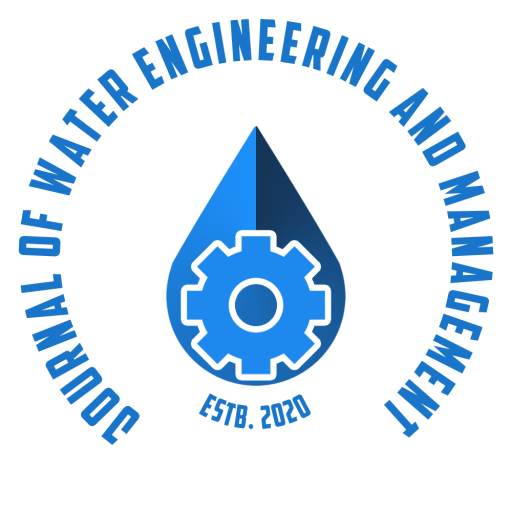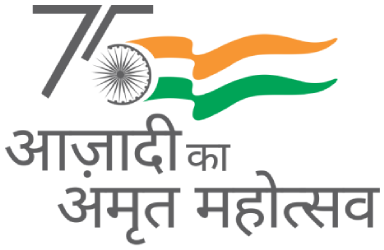Editorial Board members are chosen for their academic expertise in key areas related to the journal. The important role of the editor of JWEAM is to promote learning and knowledge in the specialized domain of the journal and establishing the journal for publishing the scientific work. The editor needs to encourage new and senior authors to submit research papers and set up a reliable panel of expert reviewers. Editors are expected to offer feedback to reviewers as and when required and ensure constructive feedback to authors. Editors have to make all the decisions regarding acceptance or rejection of the manuscript for publication. Any decision involving unethical practice may involve the publisher or their representative along with the Editor who has identified the issue.As an editor, you may need to contact on a regular basis to the publisher, the authors, and the reviewers. The production team dedicated to the Editor or Associate Editor may also be responsible for communicating with authors and reviewers directly during the production stage.
The Editor/Associate Editor will report directly to the Editorial Board headed by Editor-in-Chief. The editors will ensure that the panel of peer reviewers should abide by a Code of Ethics regarding honesty, detecting examples of plagiarism or unethical research practice and giving constructive feedback to both the authors and editors.(See:http://publicationethics.org/files/Peer%20review%20guidelines.pdf).
Role of Editorial Board
- To offer their knowledge and expertise in their domain.
- To review submitted manuscripts.
- To advise on journal policy, aim and scope.
- To work towards development of the journal.
- To identify topics for Special Issues of the journal or recommend a Conference which would promote the journal, which they might also help to organize and/or guest edit.
- To attract new and experienced authors for submission of manuscript

